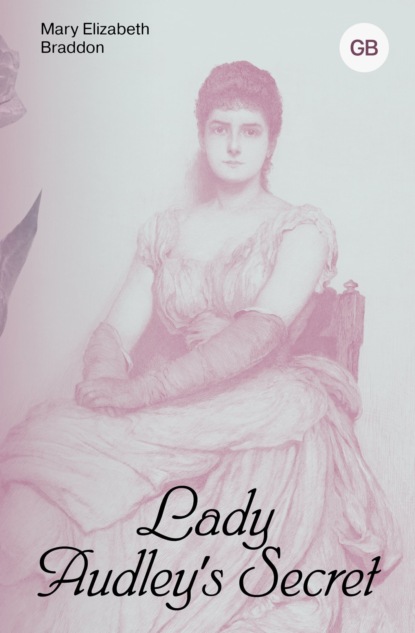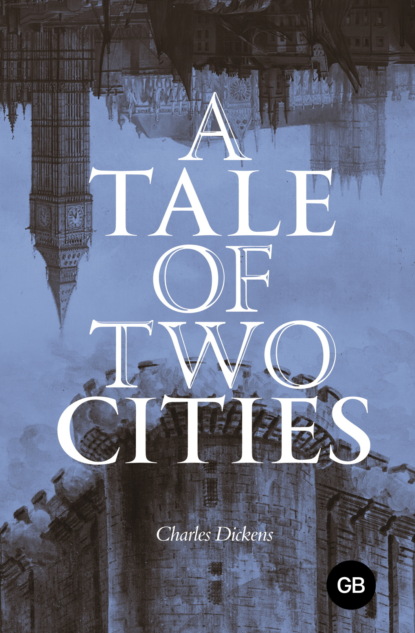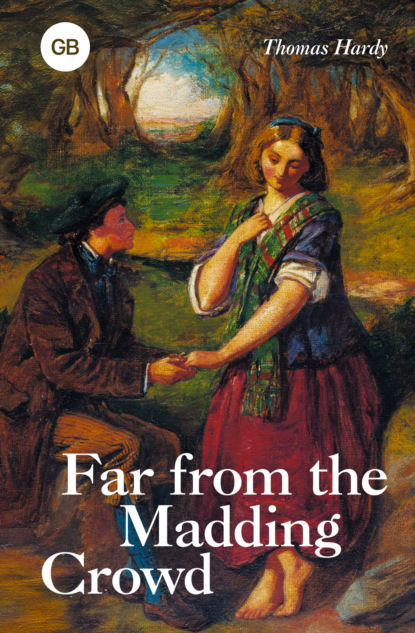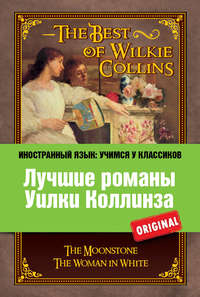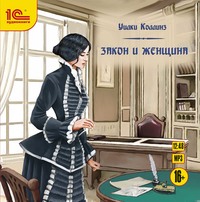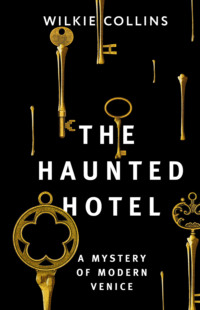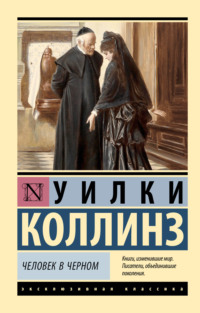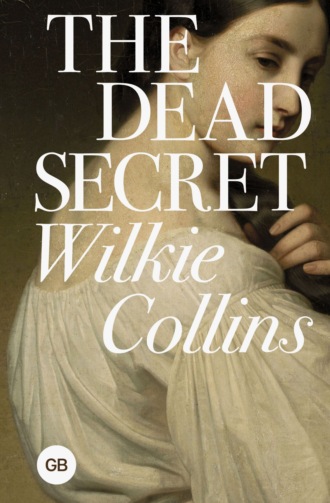
Полная версия
The Dead Secret / Тайна
As soon as the vicar entered the breakfast-parlor, the children assailed him with a chorus of shouts. He was a severe disciplinarian in the observance of punctuality at meal-times; and he now stood convicted by the clock of being too late for breakfast by a quarter of an hour.
“Sorry to have kept you waiting, Miss Sturch,” said the vicar; “but I have a good excuse for being late this morning.”
Конец ознакомительного фрагмента.
Текст предоставлен ООО «Литрес».
Прочитайте эту книгу целиком, купив полную легальную версию на Литрес.
Безопасно оплатить книгу можно банковской картой Visa, MasterCard, Maestro, со счета мобильного телефона, с платежного терминала, в салоне МТС или Связной, через PayPal, WebMoney, Яндекс.Деньги, QIWI Кошелек, бонусными картами или другим удобным Вам способом.


